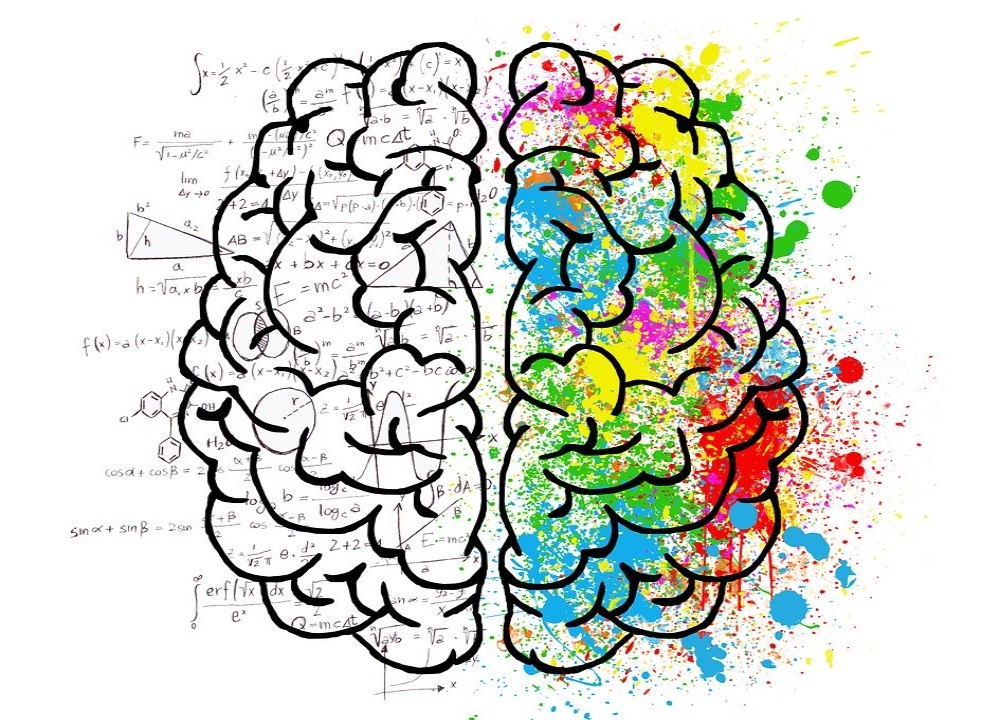Scientists have found a way to increase stem cells in the brain in order to increase brain cognitive abilities. The experimental research was also able to determine that this increase also improved cognitive mapping of environment and memory.
Aging brain finds it hard to learn and remember new things. However, scientists have been looking at ways to improve the human brain by increasing the number of stem cells in the brain.
Scientists at the Center for Regenerative Therapies of TU Dresden (CRTD) embarked on a mission to investigate if this was possible. They were led by Prof. Federico Calegari, who developed a method to stimulate neural stem cells in the brain to increase their numbers.
The scientists investigated this procedure using old mice. Surprisingly, they found that the new stem cells that formed were able to make contact with the neighboring stem cells. They also found out that these new stem cells were able to create new connections within the brain and create new functionalities.
Using stem cells to reduce brain aging
Scientists wanted to know if you can reverse the cognitive functionalities of an aging brain to behave like a young one.
It is a well-established fact that learning navigation from a new location depends on your age. For younger people, they use a cognitive map, which is more efficient in remembering new pathways and navigation. However, for older people, they use a fixed series of turns and twists, which is inefficient.
Scientists wanted to reverse this by introducing new neural stem cells for older mice. They also wanted to investigate if they can slow down the aging process and improve the cognition of older brains as a counteractive measure.
The research was positive and found that increasing the number of neuron stem cells in old mice increased their ability to build a cognitive map of their environment. The research also found out that an increase in stem cells improved memory and reversed the aging process of the brain.
Prof. Federico Calegari, senior author of this study, in addition to these findings, said,
Also humans have a few stem cells in the brain, and these stem cells are known to reduce in numbers throughout life severely. Identifying the causes underlying cognitive deficits in aging and rescuing them is crucial for our rapidly aging societies. Our work demonstrates that age-related impairments can be rescued by hijacking the endogenous neurogenic potential of the brain, thus, rejuvenating its function. Being a human myself with my own stem cells and being the senior author of this study, I felt that I had a personal interest in this topic.
The research was a great success in highlighting how stem cells can be used to treat brain issues. The research also highlighted the importance of stem cells in the brain and how they can improve cognitive abilities such as memory.







